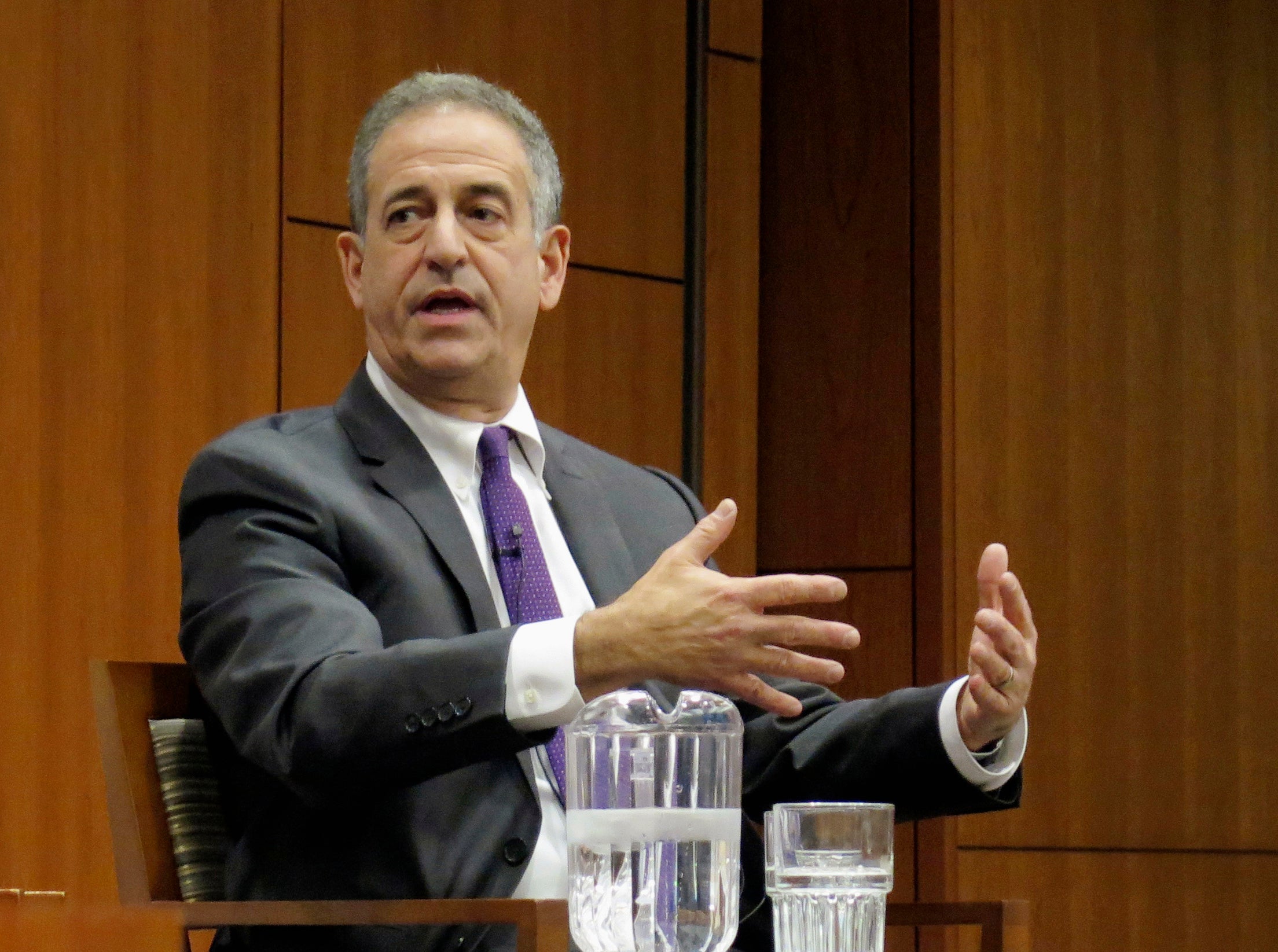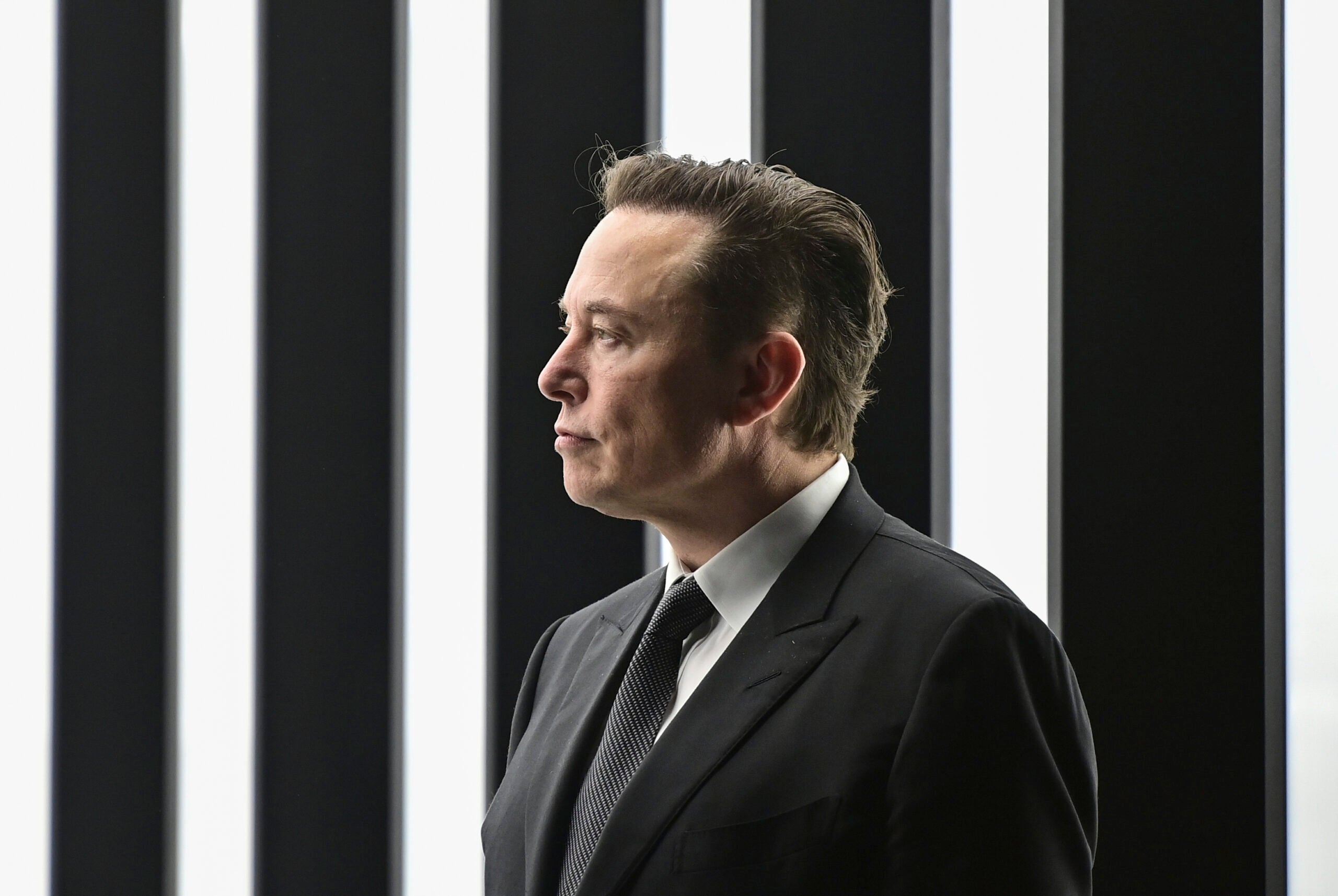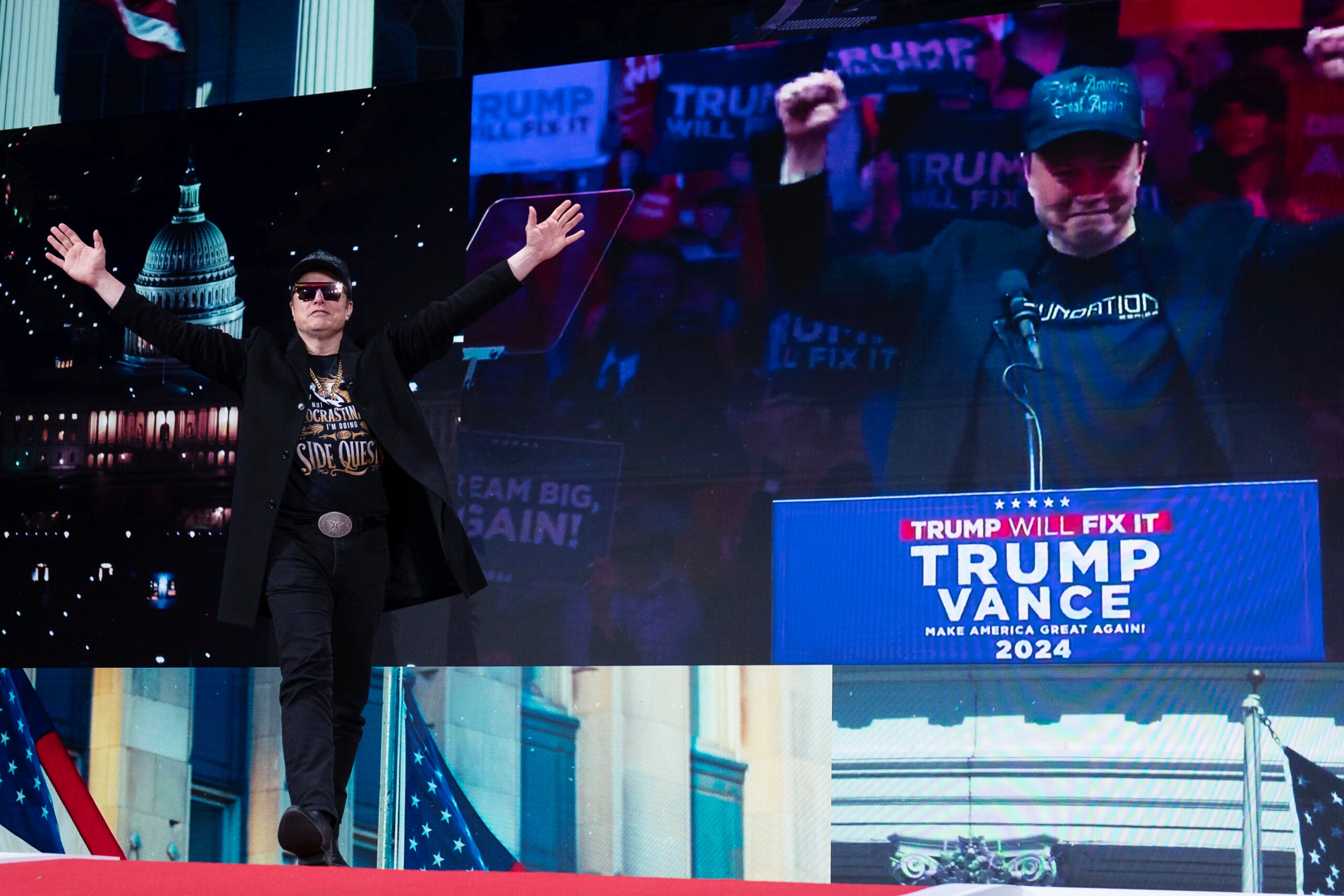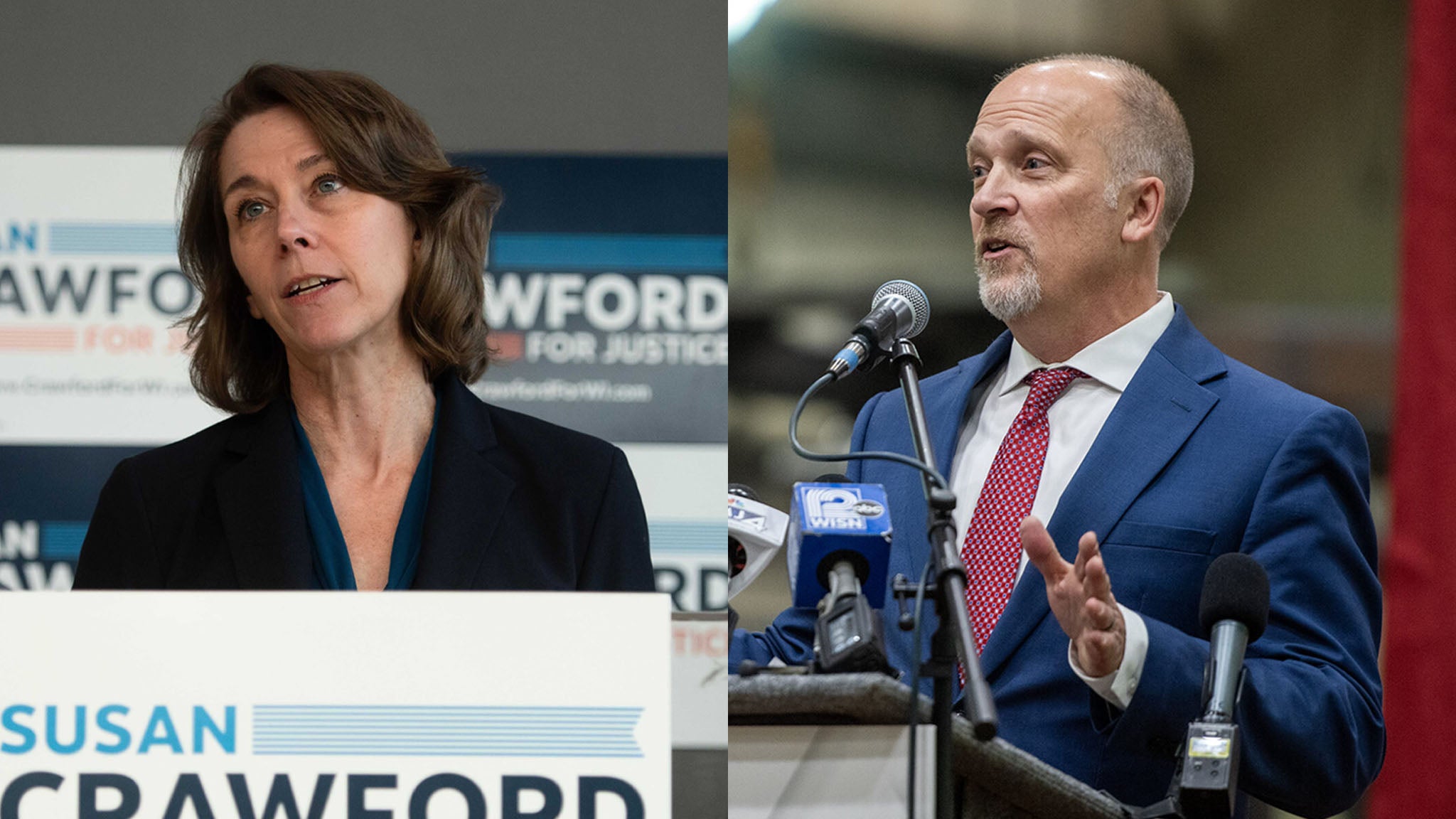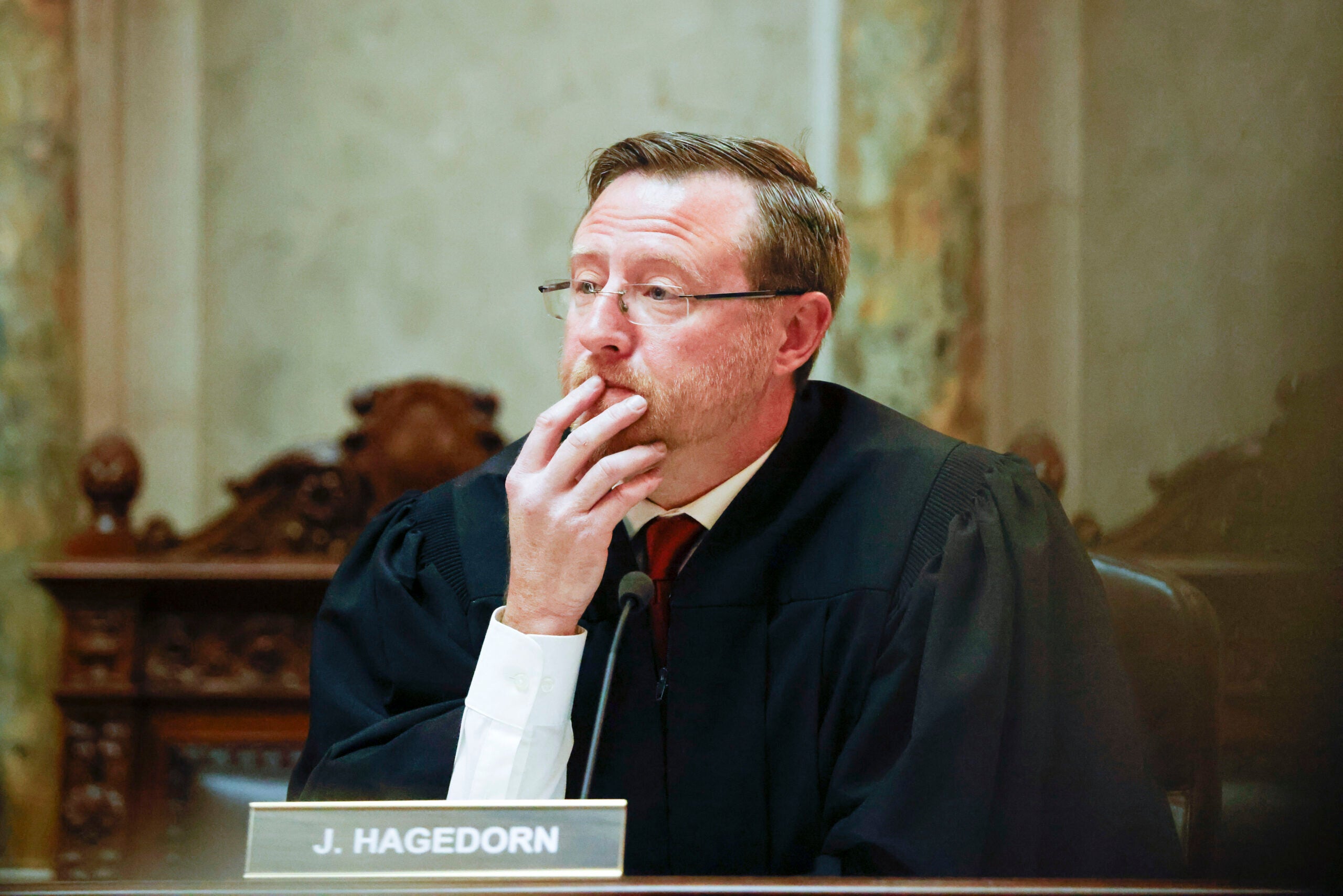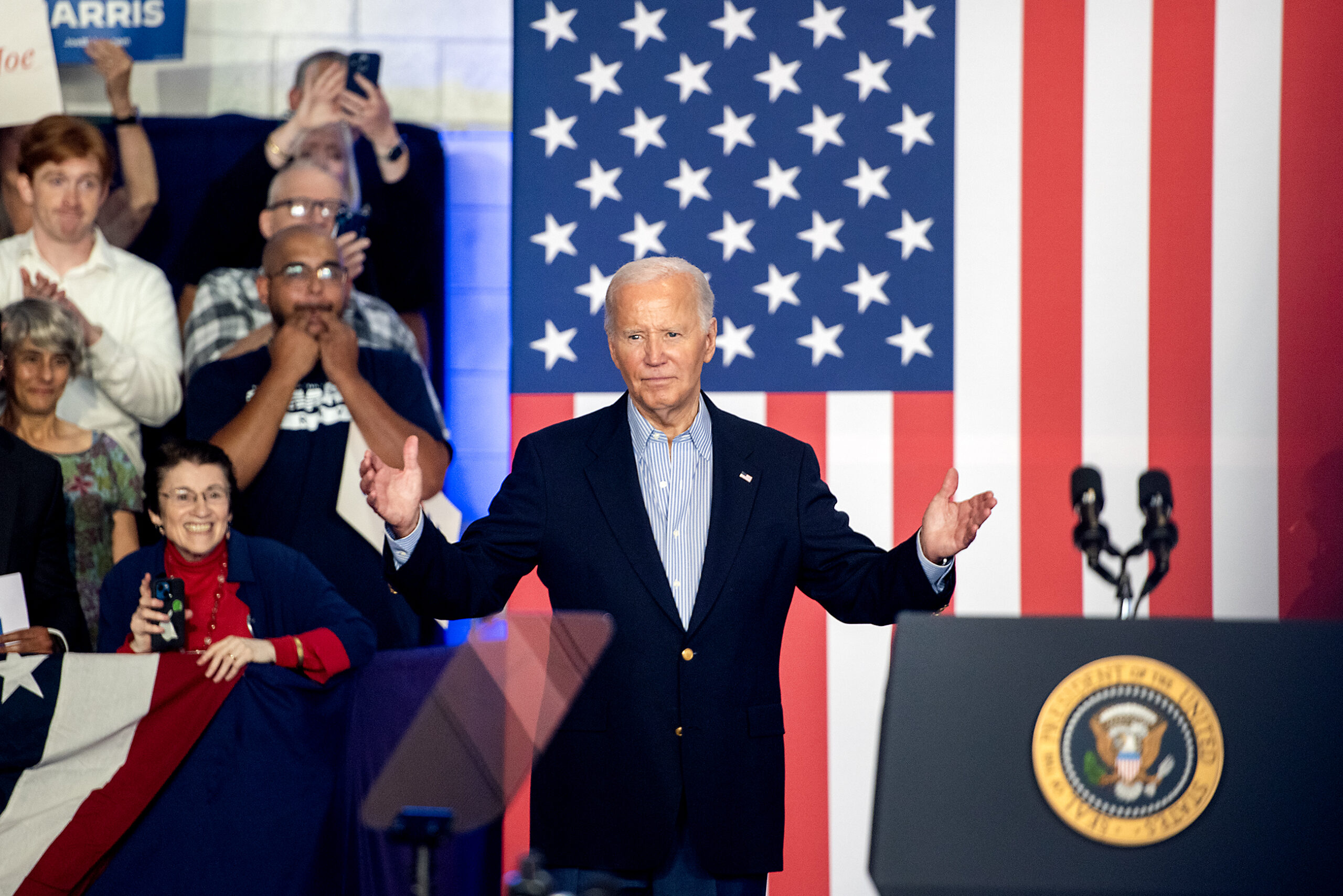Former Wisconsin U.S. Sen. Russ Feingold recently said the Senate’s Judiciary Committee members should subpoena Supreme Court Justice Clarence Thomas for questioning if he won’t voluntarily meet them.
Feingold, a Democrat who served on the committee during his time in Congress, joined Wisconsin Public Radio’s “Central Time” to share his thoughts on the slew of ethics concerns that have been raised about Thomas collecting undisclosed gifts of many kinds.
“I don’t think there’s any justification for flailing around,” Feingold said. “One thing we can’t do, though, is to just let this go because this is undermining the credibility of the highest court in the land.”
Stay informed on the latest news
Sign up for WPR’s email newsletter.
In April, ProPublica reported on Thomas accepting luxurious vacations from Harlan Crow, a billionaire Republican donor. Then, more stories came out, including how Crow paid private school tuition for someone Thomas treated as a son and how Crow bought a house where the conservative justice’s mother still lives.
Thomas did not respond to ProPublica’s questions for those stories, and Chief Justice John Roberts declined to testify at a Senate Judiciary Committee on ethics.
Feingold, the former Wisconsin senator who served from 1993 to 2011, is now president of the progressive American Constitution Society. He discussed ethics rules for other courts and branches of government, as well as how scandals can damage the reputation of the Supreme Court.
The following was edited for brevity and clarity.
Rob Ferrett: What are the differences in ethics guidelines for Supreme Court justices and the rest of the federal judiciary?
Russ Feingold: The people who are on the federal courts … are part of a national ethics code that is enforced by the Judicial Conference that says you have to disclose personal gifts and various things that you’ve received. There are rules about situations where you have to or should recuse yourself from deciding on a case.
Somehow, it has evolved that the U.S. Supreme Court doesn’t have to abide by those rules. The executive branch has rules. Congress has rules. The lower courts have rules at the state level. State legislators do. But somehow the Supreme Court is exempt.
You might say, “Well, that’s because they’re beyond reproach.” But these recent revelations about Justice Thomas showed just the opposite. They show a shocking lack of judgment to think that one should accept this kind of gift. And it is high time for the Supreme Court to have serious ethics rules like everybody else.
Ferrett: One of the responses to the Justice Thomas story says there’s no quid pro quo. The argument goes that no specific gift led to different behavior as a judge. What do you think of that?
Feingold: If you were trying to criminally prosecute for taking a quid pro quo, that would be one thing. But that isn’t what this is. This is about ethical disclosure. Members of Congress can’t avoid disclosing their personal interests on the argument that you can’t prove a quid pro quo. It’s a requirement that you have to let the public know. It has to do with public confidence.
The public has a right to know that the highest court in the land is disclosing their personal interests. And if anyone really believes that these kinds of extreme gifts to Justice Thomas doesn’t have some influence on him, I’ve got a bridge I’d like to sell you.
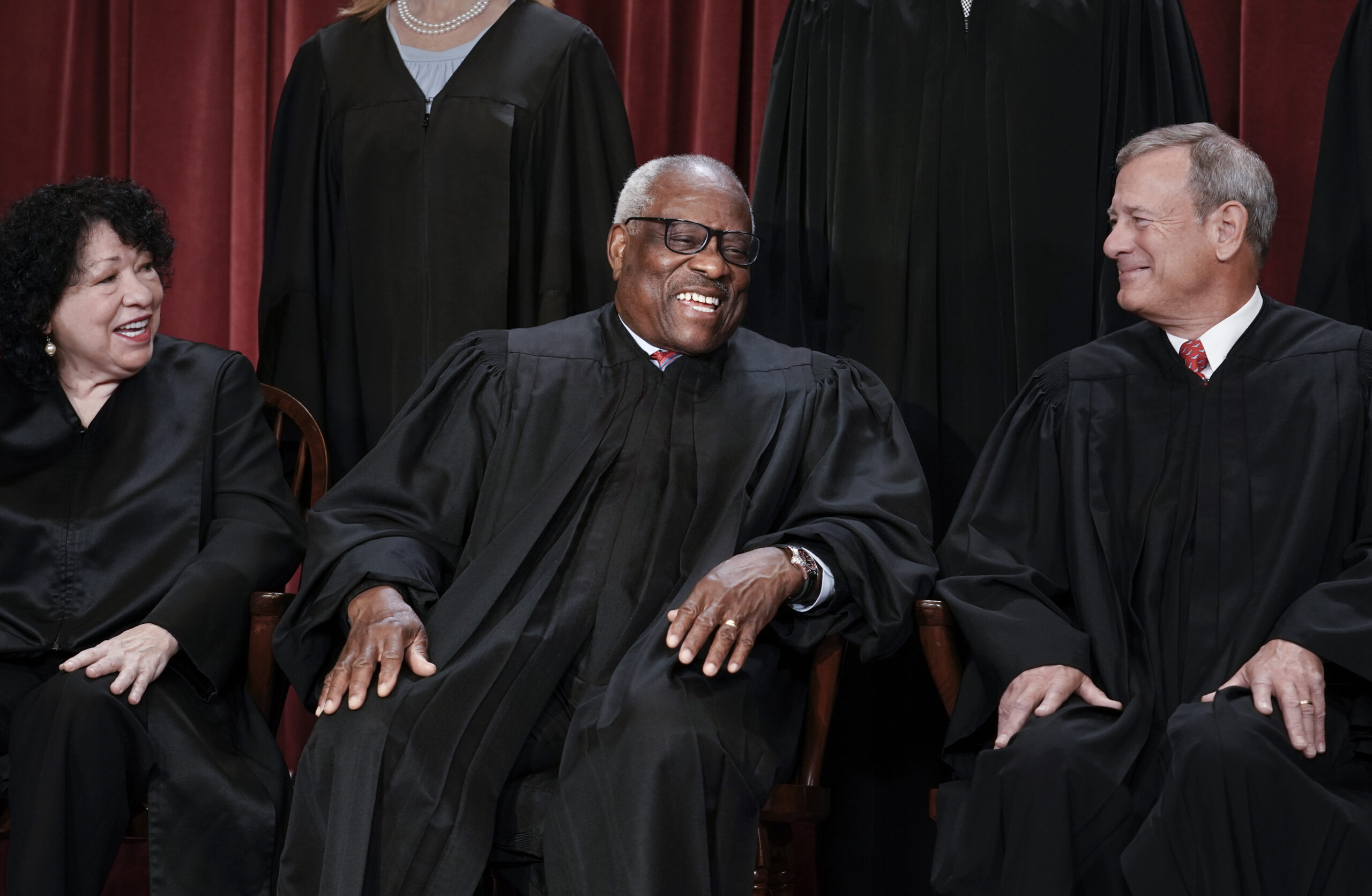
Ferrett: Chief Justice Roberts declined to come before the Senate Judiciary Committee. Who gets to change the court’s ethical guidelines?
Feingold: The court itself should be doing the job, but it isn’t. Congress can pass a law signed by the president either insisting that the court do it itself or create its own rules. That is not anything that is violating Congress’ role.
It’s interesting because I was involved in (Justice Roberts’) confirmation. And I asked him questions under oath, as a senator does on the Judiciary Committee. I asked him what you could do to prevent special interests from lobbying judges. He said that he didn’t think special interests should be allowed to lobby federal judges. And so, he made an under-oath statement to that effect.
It seems to me that it would be perfectly appropriate for him to appear in response to this request — it was not a subpoena — to appear at the hearing to allow him to explain how the court does this work and to allow members of Congress, who have a right to legislate on this or to investigate this, to ask questions. He should have done it. I suppose he didn’t do it because he felt it was something that Congress shouldn’t be able to do. But I think he’s wrong about that, and I voted for him. I voted for him because I thought he would be an even-handed justice. In some ways he has been.
But I think he’s mishandling this situation by basically acting like the emperor has no clothes, that there isn’t a problem, that we’re not to worry about what’s happening with the court.
Ferrett: Do you see “personal hospitality” as a potentially big loophole in the reporting guidelines?
Feingold: Under Wisconsin legislative laws that I lived under for 10 years, you couldn’t even get a cup of coffee from a lobbyist or somebody like that. You couldn’t go on these trips without disclosing them. Some legislators went to jail or were convicted because of personal hospitality or gifts they received from lobbyists in Wisconsin. So, the idea that this kind of annual good-old-boy hunting trip isn’t a violation of this and shouldn’t be reported, is on its face ridiculous. Of course it should be reported.
Ferrett: We heard from a caller who wants things to change. What could people do?
Feingold: This isn’t just about individual justices not revealing information. The court itself is losing its legitimacy. The polls show an enormous drop in the public’s view of the U.S. Supreme Court, and that’s very dangerous for our system.
The next step is to call Justice Thomas before the Judiciary Committee. If he comes voluntarily, which is extremely unlikely, fine. If not, he needs to be subpoenaed in order to be questioned, to let him explain his view of what he did and for there to be an investigation.
So, before people start talking about whether he should resign, whether he should be impeached or all the things that could happen, the first thing is to find out his perspective and to have members of the Senate question him about it. That needs to be done.
Ferret: Do you think we’ve lost a certain amount of our understanding of civics?
Feingold: There’s no question about it. People need to be taught at an early age that the role of the Supreme Court is to be independent and not political. The problem now is the court has become so political, so politicized and (holds) such an agenda that if you combine that with ethical concerns and violations, what you have is an institution that loses its justification to exist. So, it is time for an investigation. It is time for action. And it is necessary, apparently, for Congress to step in in a situation where you wish it didn’t have to.
(The) American Constitution Society endorses either adding justices to the court to balance what’s happened or (add) term limits. We think it’s time that it would make sense to have some kind of limitation, maybe 18 years for the time a justice can serve on the court. It’s not working the way it’s done right now.
Wisconsin Public Radio, © Copyright 2025, Board of Regents of the University of Wisconsin System and Wisconsin Educational Communications Board.
